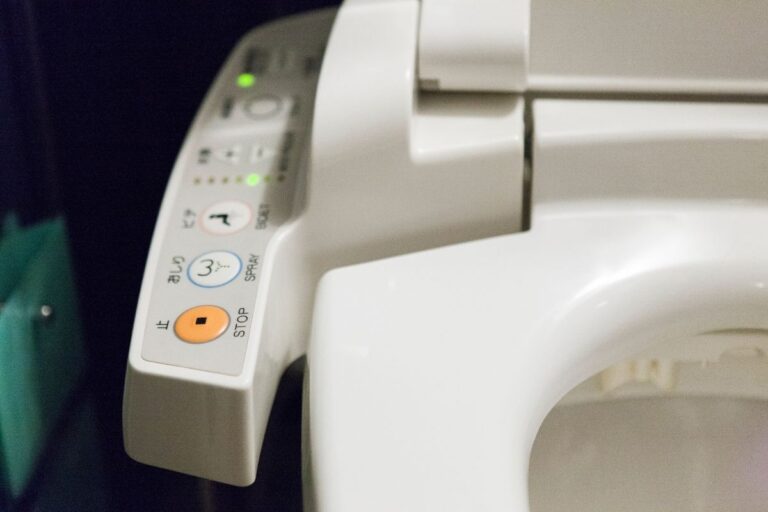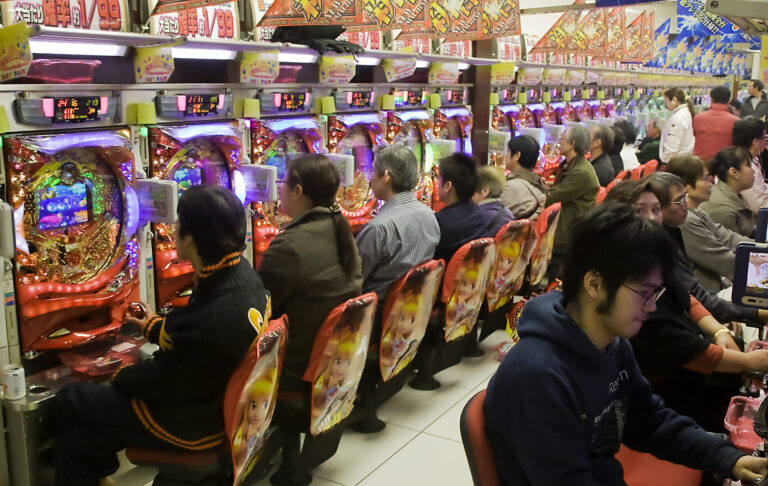If you intend to spend time in Japan—or if you frequent stores run by Japanese people—you’re bound to need to know how to ask questions when shopping. If you’re not sure how much something costs, you’ll need to have the basic language knowledge to ask and to understand the answer. Here are a few words and phrases that will help you when you’re going Japanese shopping:
“Ikura”
Ikura means “How much?” When you want to know the price of an item you can ask, “Ikura?” on its own or, for a more polite version of the phrase, you can ask “Ikura desu ka?” You can also point to the item, stating “Kore wa ikura desu ka?” (“How much is this?”) or “Sore wa ikura desu ka?” (“How much is that?”)
“X en desu”
The answer to “how much [does this cost]?” is usually the person telling you how many yen something is. This will probably be in the form “X en desu.” (The Japanese pronunciation for “yen” is actually “en.”) The “X” is however much it costs. So if an item costs ¥1000 (approximately US$10), the shop employee may answer, “Sen-en desu.”
“Takai” and “Yasui”
Once you hear how much something costs, you might be surprised that it’s more expensive than you thought. Or it could be an incredible deal! If you want to comment on that fact (and if you’re at a market, perhaps you can haggle a better price!), you can use the words “takai,” which means “expensive,” and “yasui,” which means “cheap.” To put those words into a phrase, you can say, “Sonna ni takai desu ka?” or “Sonna ni yasui desu ka?” which mean, “It’s that expensive?!” or “It’s that cheap?!” respectively.
“X wo kudasai” and “X wo onegai shimasu”
Once you decide to buy an item, you can ask for it by adding “please.” Remember that “kore” means “this,” “sore” means “that [thing close to you],” and “are” means “that [thing way over there].” Use the word that accurately describes your distance to the item you want to purchase in place of “X” and then say, “X wo kudasai” or “X wo onegai shimasu.”
Practice shopping in Japanese with a partner. Have the shopkeeper decide how much items cost and then the shopper can ask for the different prices and comment on how expensive or cheap they are. Have you ever shopped in a Japanese store before?
No related posts.
Tags: japan, japanese culture, japanese language, shopping




